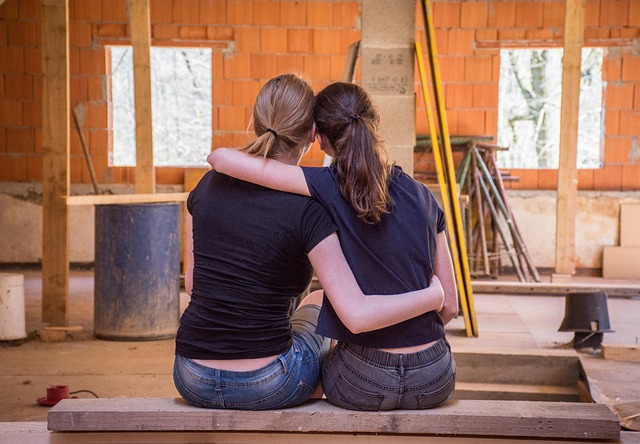
Navigating Empathy: Relationship Advice on Cultivating Emotional Patience
In our fast-paced world, where instant gratification often takes precedence, cultivating emotional patience in relationships might feel like an uphill battle. Yet, when it comes to understanding one another, especially in romantic partnerships, emotional patience is not merely beneficial; it’s essential. So, how do we navigate the complexities of emotions to foster deeper connections? Here are some invaluable relationship advice tips to help you embody emotional patience.
First and foremost, embrace active listening. This involves more than just hearing the words your partner utters. It’s about being fully present and acknowledging their feelings. When you practice active listening with emotional patience, you allow your partner to express themselves without interruption or judgment. This not only validates their feelings but also fosters a safe space for open dialogue, which is a cornerstone of any healthy relationship.
Another vital aspect to consider is the importance of self-regulation. Oftentimes, we may feel triggered by our partner’s emotions, leading us to react defensively. Cultivating emotional patience means recognizing these triggers and taking a step back before responding. When you feel your emotions boiling, instead of retaliating, take a moment to breathe and reflect. This will not only help you maintain your composure but also enable you to respond from a place of understanding rather than anger.
Empathy plays a central role here. Watching your partner struggle can be challenging, and it can be tempting to rush in with solutions. However, what they might require instead is your empathy. Expressing empathy allows you to be in their shoes, acknowledging their feelings and sentiments. By validating their experience and showing that you care, you foster an environment where emotional patience can thrive. Remember, genuine empathy is often conveyed through small gestures; a comforting touch or a kind word can go a long way in urging your partner to open up.
Furthermore, remember that everyone processes emotions differently. While you may want to discuss a conflict immediately, your partner might need time to sort through their feelings. It’s vital to respect those differences and provide them the space they need. This can mean pausing to let them reflect or following up later with an open-ended question about how they’re feeling. Patience is key in recognizing that emotional healing is not always linear or timely; being there while they navigate their feelings cultivates a deeper bond of trust and love.
Additionally, setting boundaries is crucial in nurturing emotional patience. Clearly communicate your needs and encourage your partner to do the same. This open dialogue about emotional triggers and necessary boundaries fosters mutual respect and understanding, allowing both partners to navigate their feelings with more ease. When boundaries are established, both individuals can feel safe and respected, reducing the chances of emotional outbursts or misunderstandings.
Lastly, practice self-compassion. Emotional patience isn’t just reserved for your interactions with others; it’s equally important in your self-talk. Acknowledge your own feelings and frustrations without judgment. By being kind to yourself during tough emotional moments, you cultivate a reservoir of patience that extends to your partner. This practice fosters an atmosphere of acceptance both internally and externally, paving the way for deeper emotional connections.
Navigating empathy through emotional patience may not always be easy, but the rewards are immense. By employing these relationship advice strategies, you can foster richer connections grounded in understanding, empathy, and love. Embrace the journey, and cherish your relationship as you cultivate emotional patience together.

